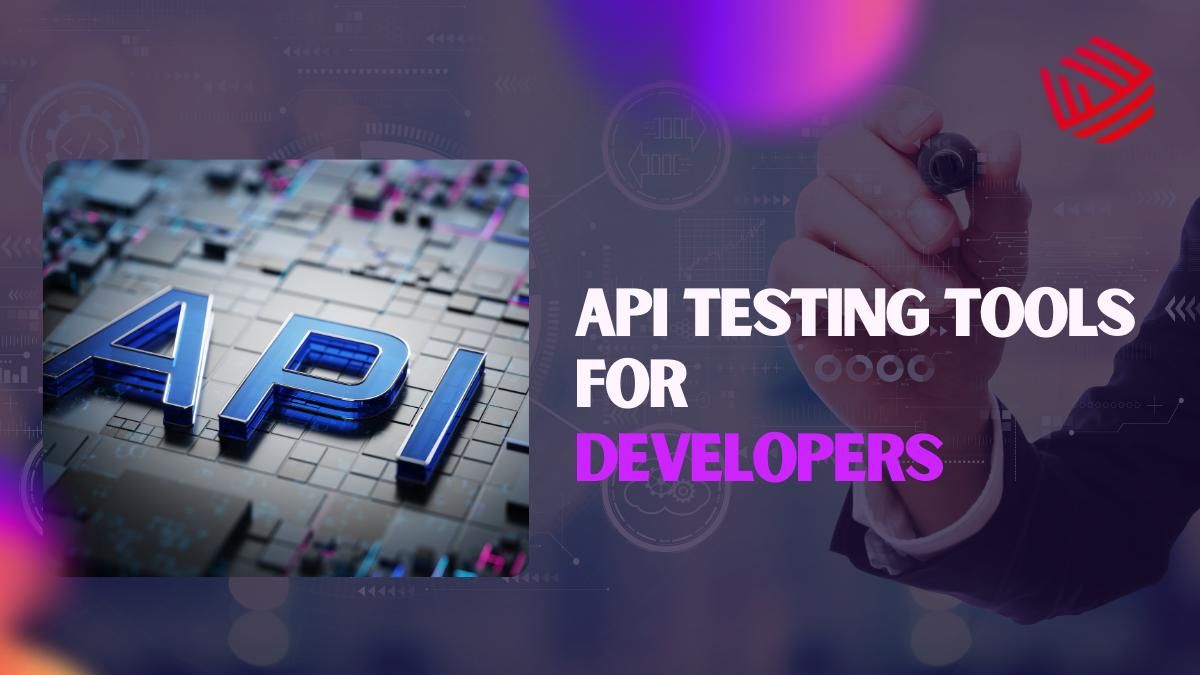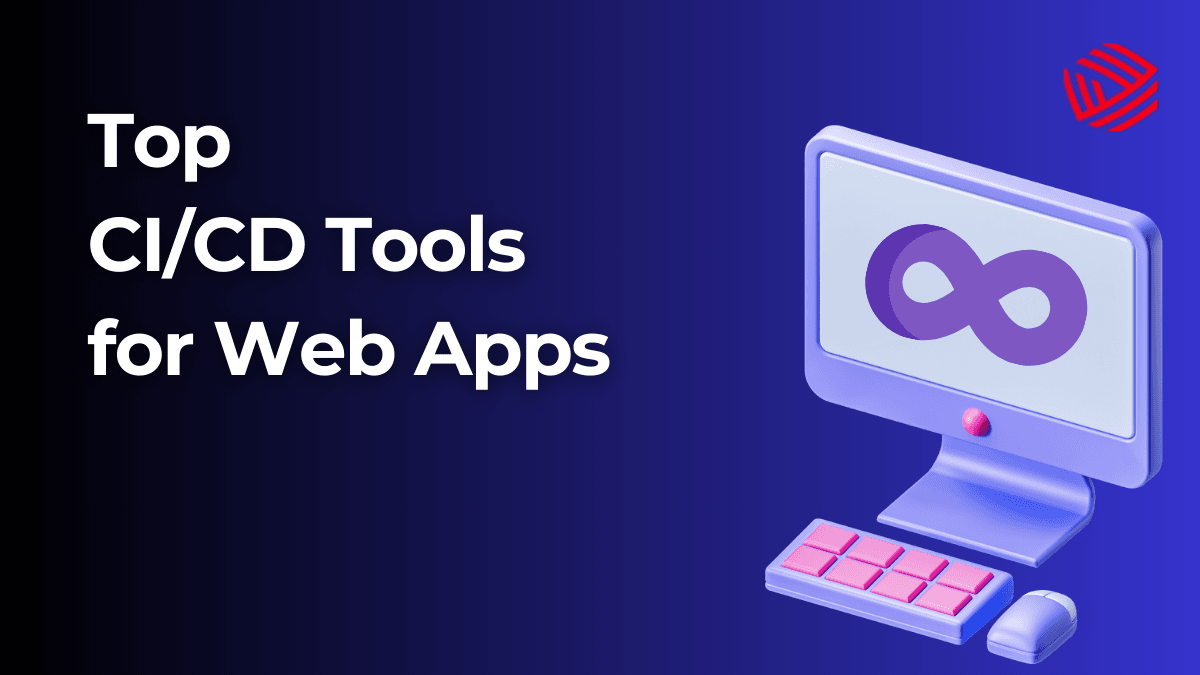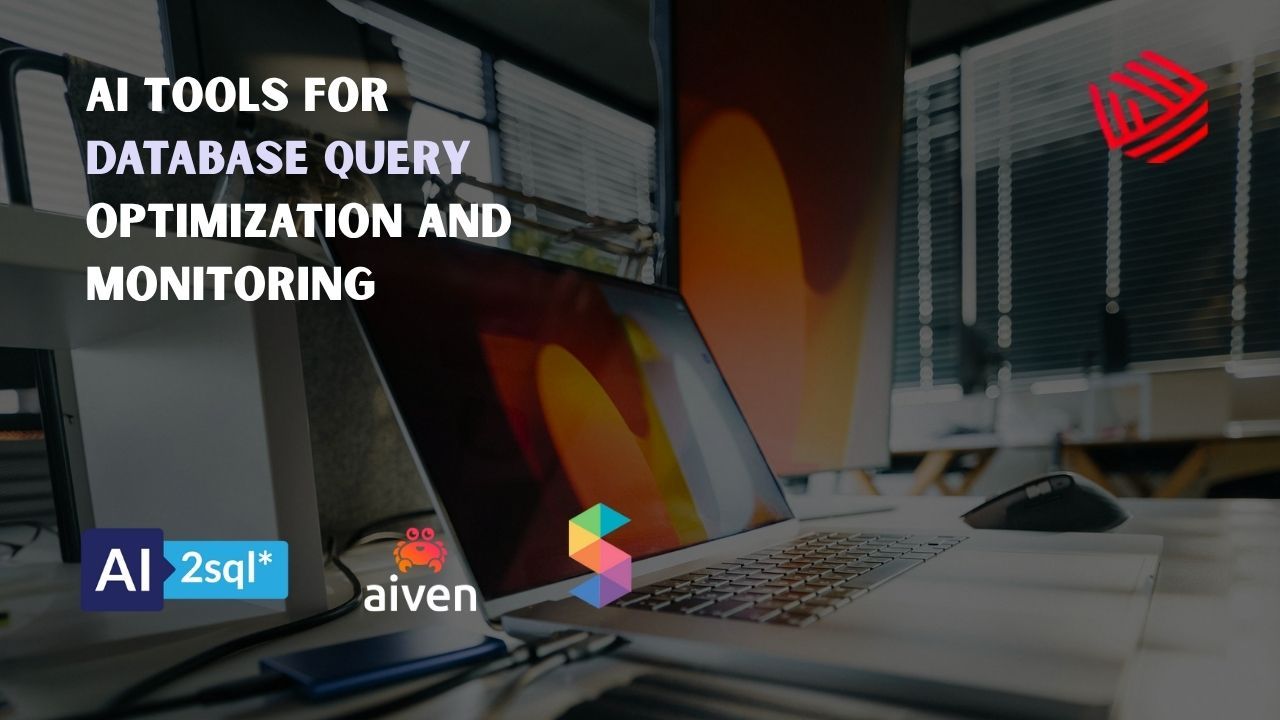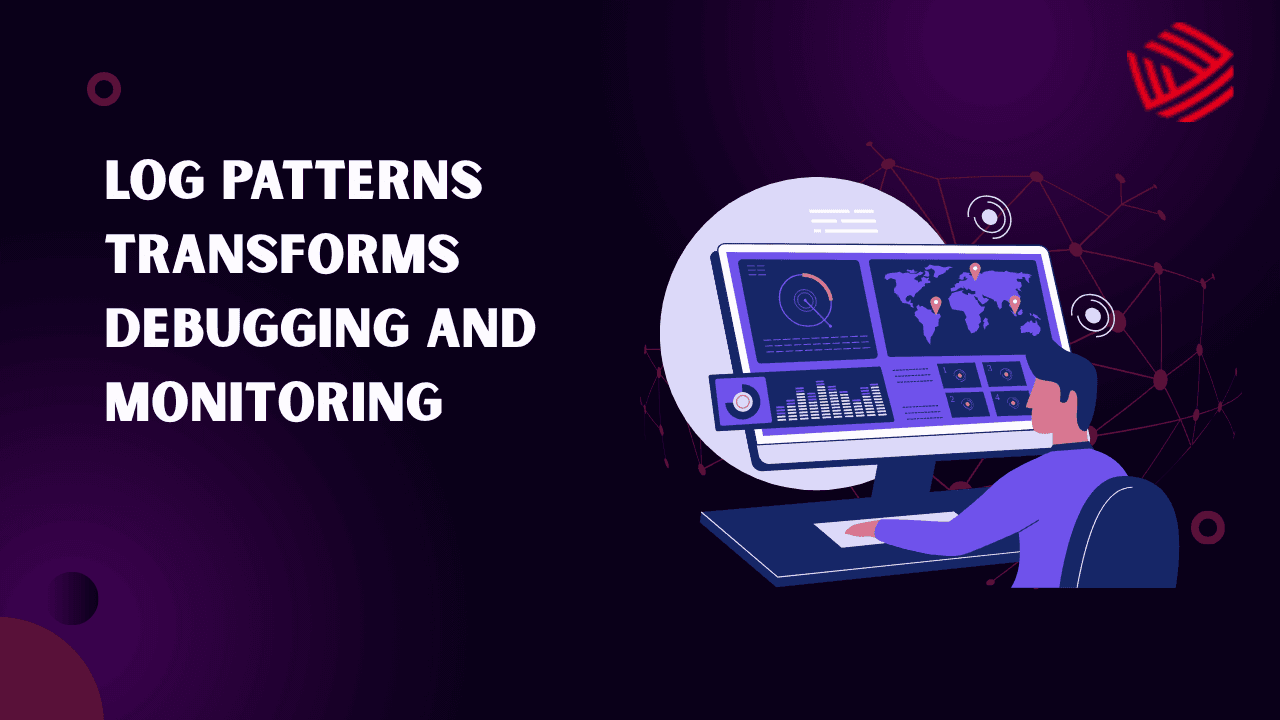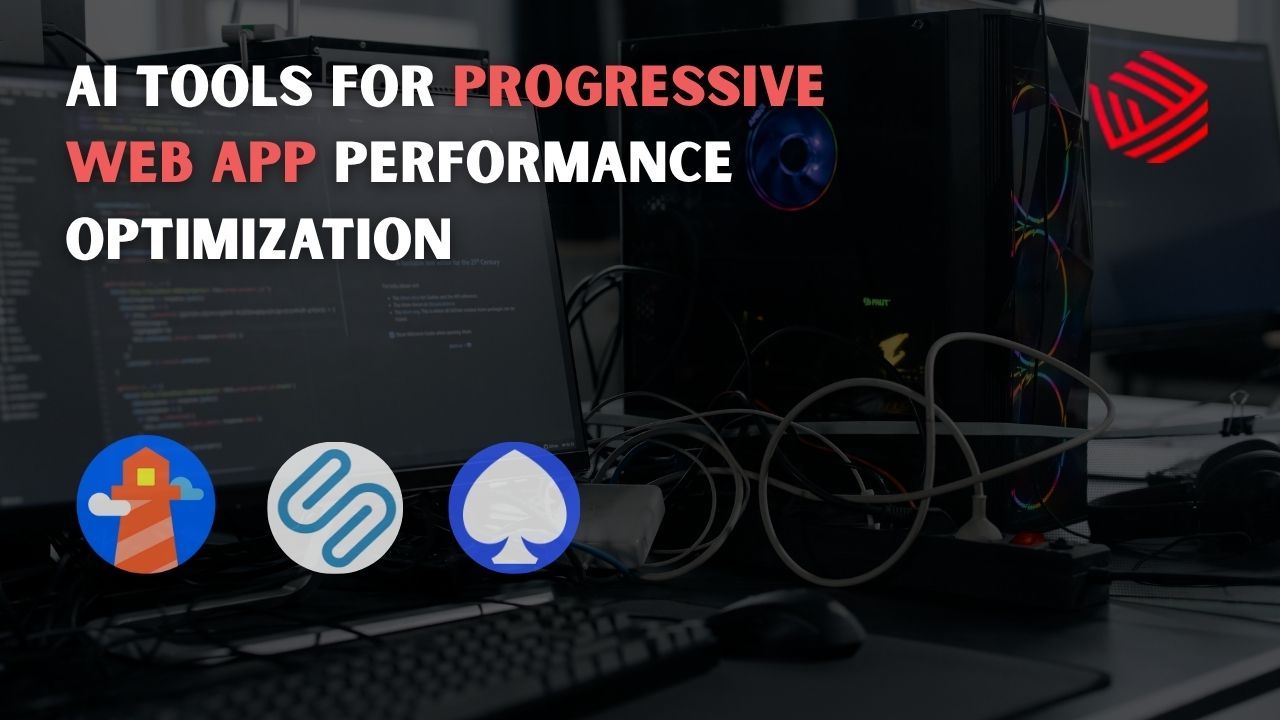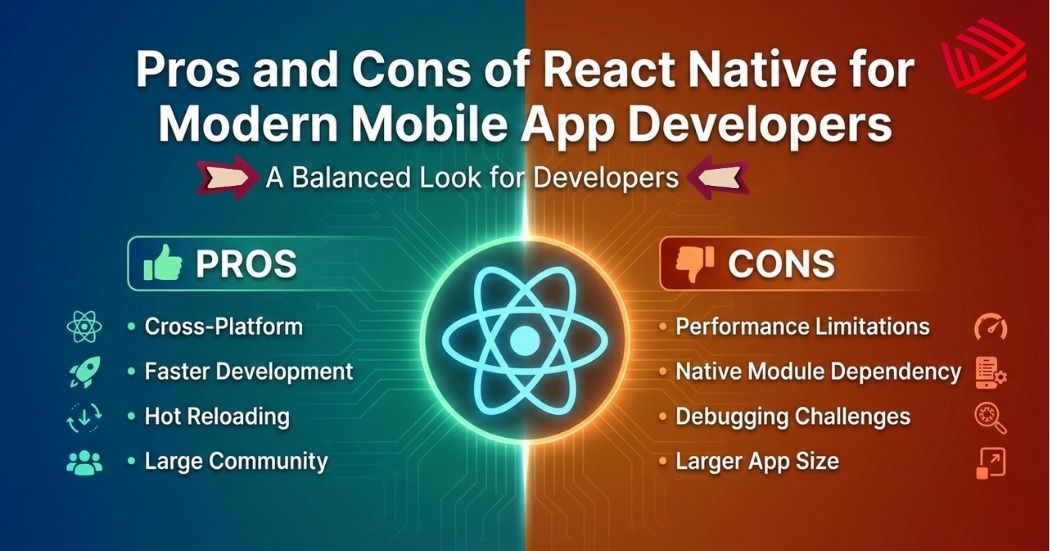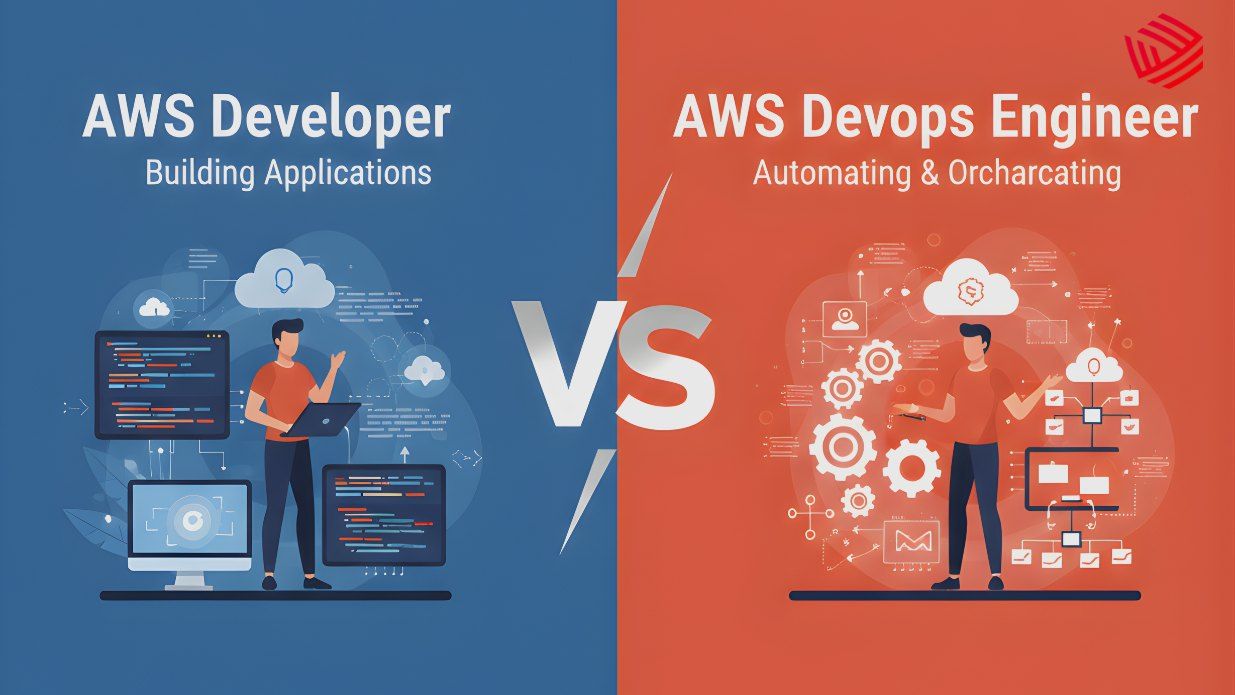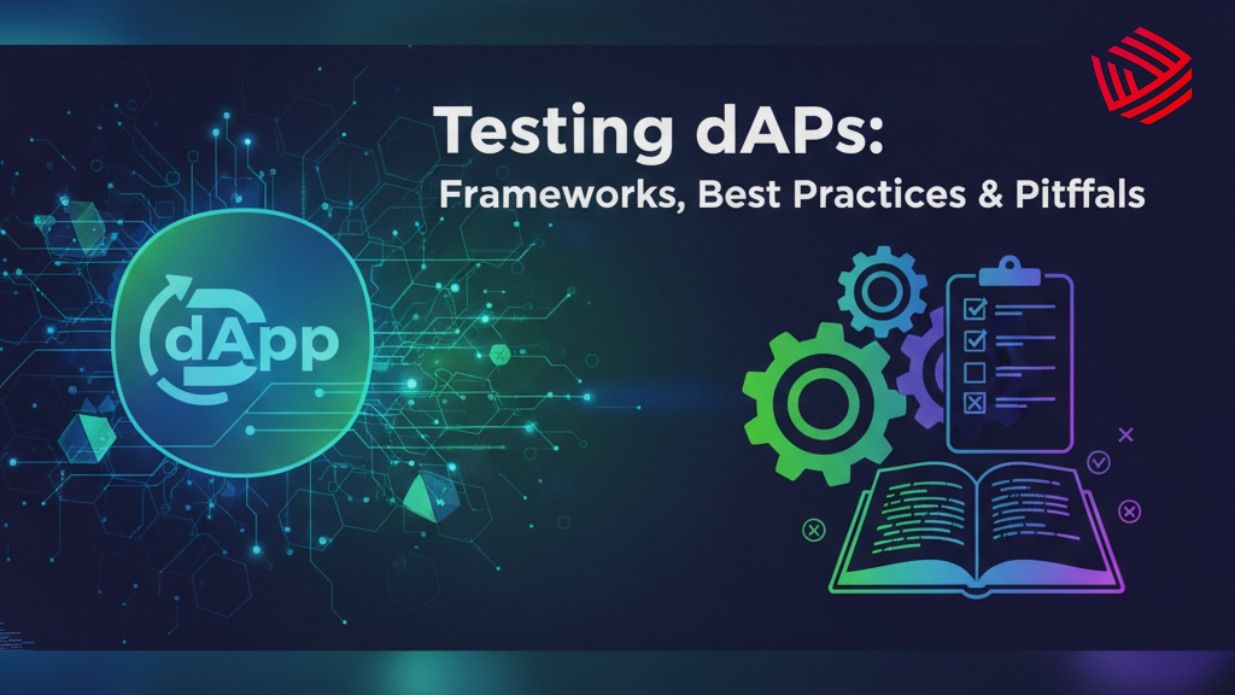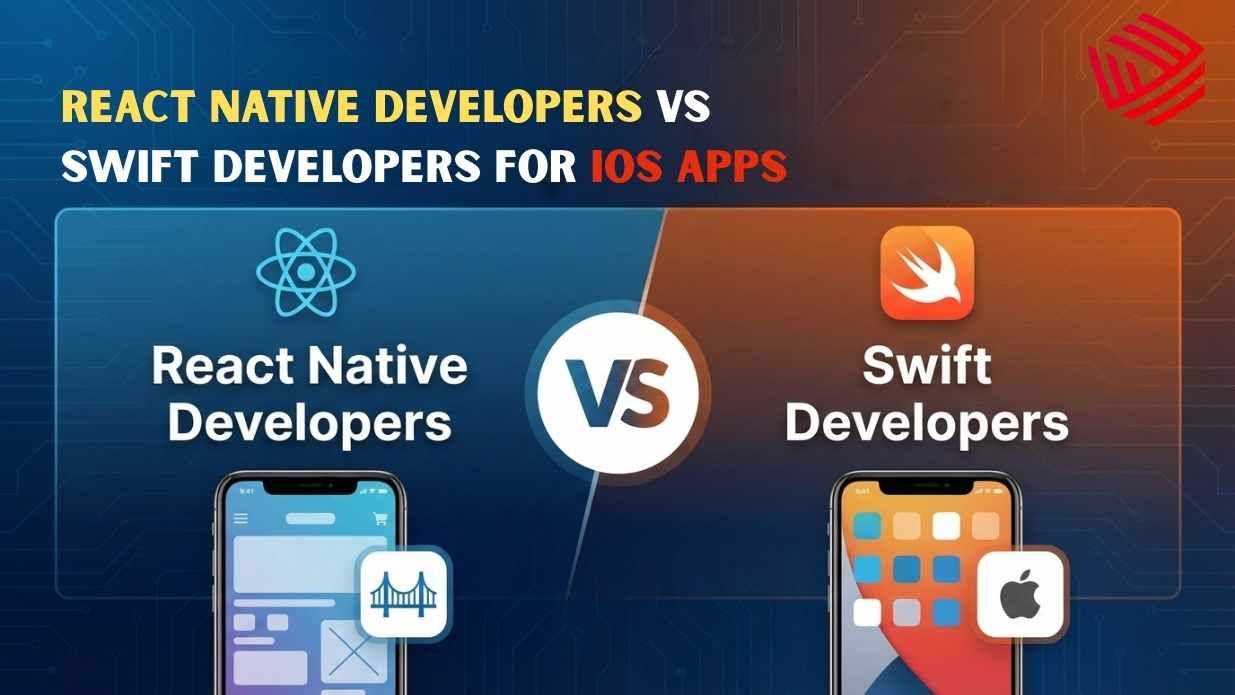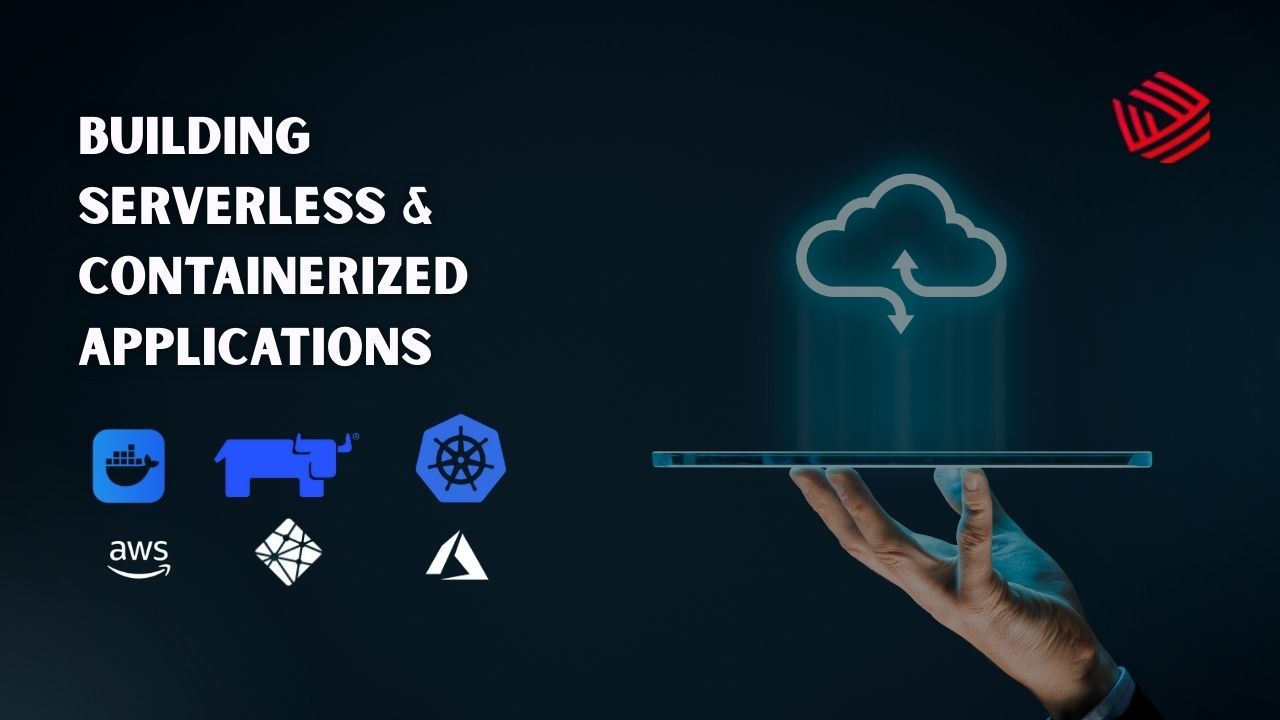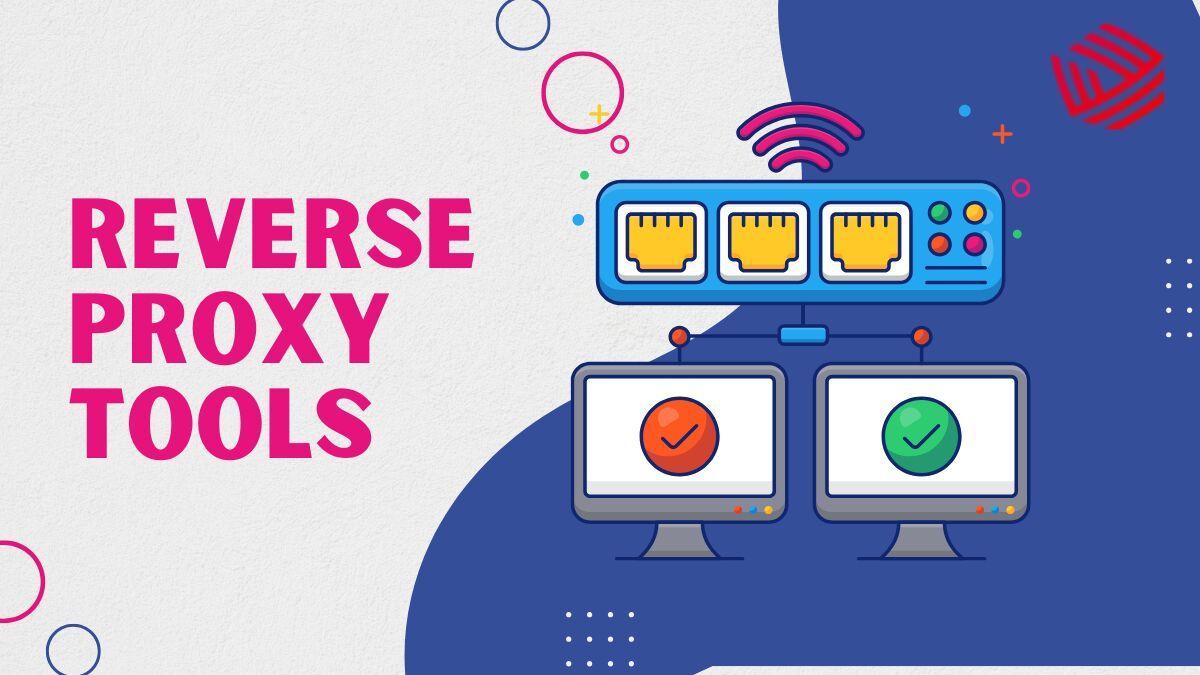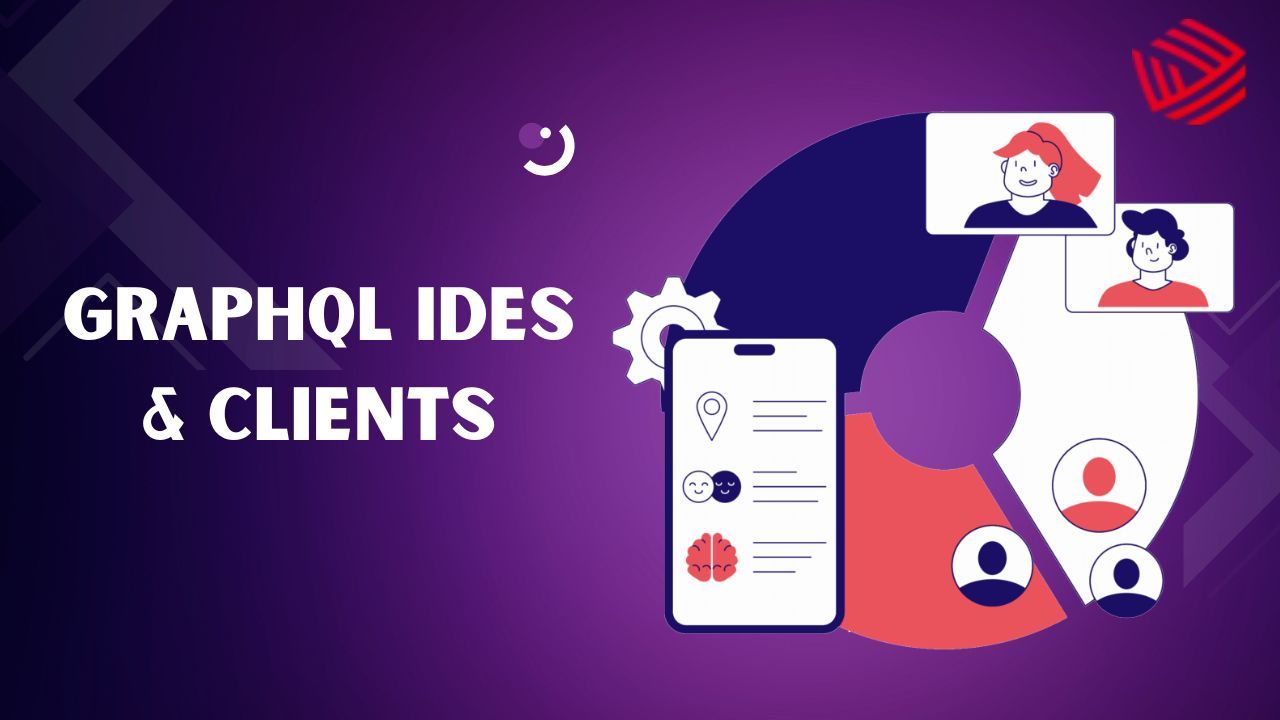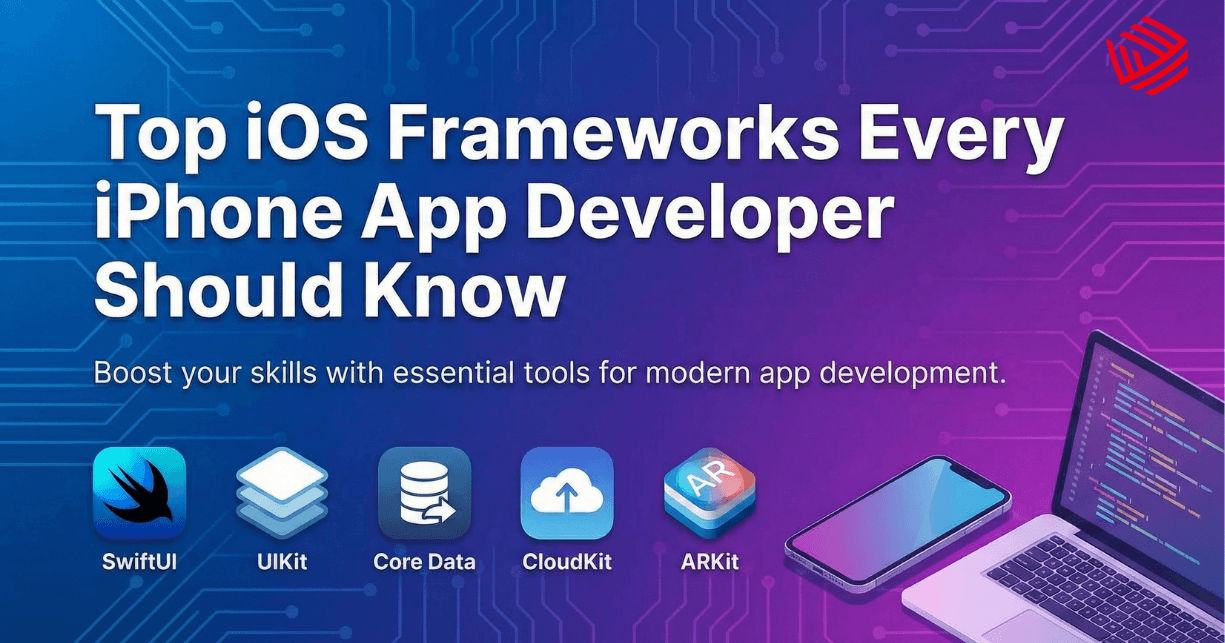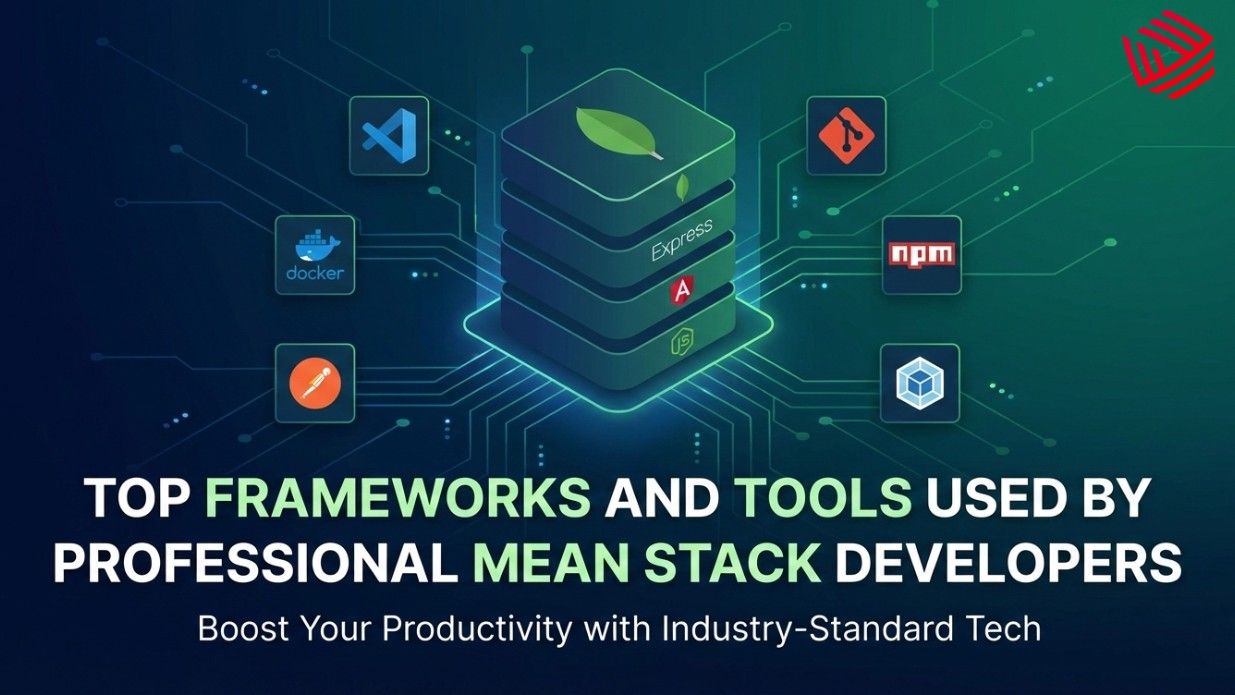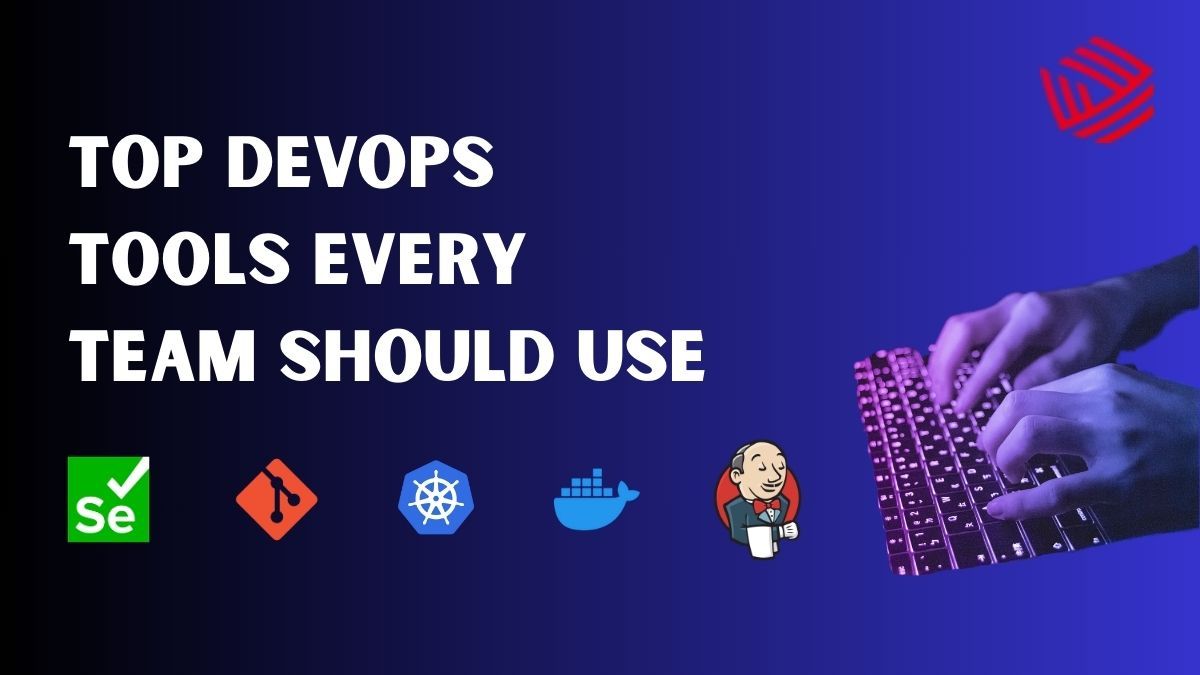What is API Testing?
API (Application Programming Interface) testing is a type of software testing that focuses on verifying the functionality, reliability, and security of APIs. It ensures that APIs work as intended and meet the requirements for performance and behavior, even under varying conditions. Unlike traditional UI-based testing, API testing interacts directly with the application’s core components, making it an essential step for developers when ensuring the integrity of backend services.
Why is API Testing Important?
API testing plays a crucial role in modern software development, particularly as applications become more complex and rely on third-party services. Here are some key reasons why API testing is important:
Reliability & Performance: API testing ensures that the APIs can handle expected traffic and function correctly under load, improving overall application reliability.
- Faster Development: By detecting issues early, API testing helps reduce debugging time and accelerates the development lifecycle.
- No UI Dependencies: APIs can be tested independently of the user interface, allowing developers to check core functionality before the front-end is ready.
- Security: API testing helps identify potential security vulnerabilities, ensuring that sensitive data is properly protected.
- Cost Efficiency: Catching bugs early in the API layer saves significant costs down the road by reducing issues in later stages of development or production.
Why Should We Use API Testing Tools?
API testing tools are essential for automating and streamlining the testing process. They allow developers to:
- Automate Repetitive Tasks: Run tests automatically at different stages of development.
- Save Time: Perform quick and thorough tests without the need for manual intervention.
- Improve Accuracy: Reduce human error by automating test execution.
- Enhance Test Coverage: Simulate a variety of real-world scenarios without relying on UI.
By using specialized tools, developers can ensure that APIs are functional, secure, and efficient before they are integrated into the system.
Top 10 API Testing Tools For Developers
Postman
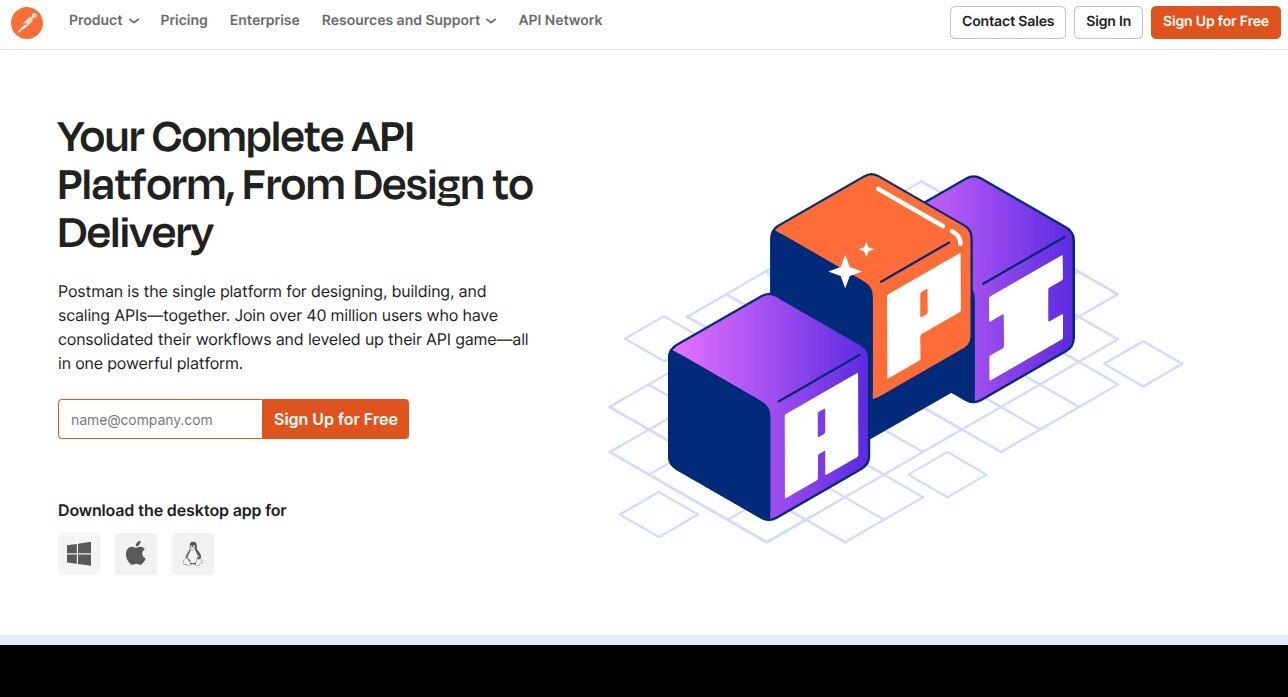
Postman is one of the most popular and user-friendly API testing tools. It offers a comprehensive suite for testing RESTful APIs and allows for automation through the Postman Collection Runner. ViteJS developers using postman ensures blazing-fast frontend performance and seamless UI interactivity by testing api time and errors with ease.
Features:
- Graphical user interface for creating and running tests.
- Supports automated testing with pre-defined test scripts.
- Easily shareable collections and environments.
- Powerful integration with CI/CD tools like Jenkins.
SoapUI
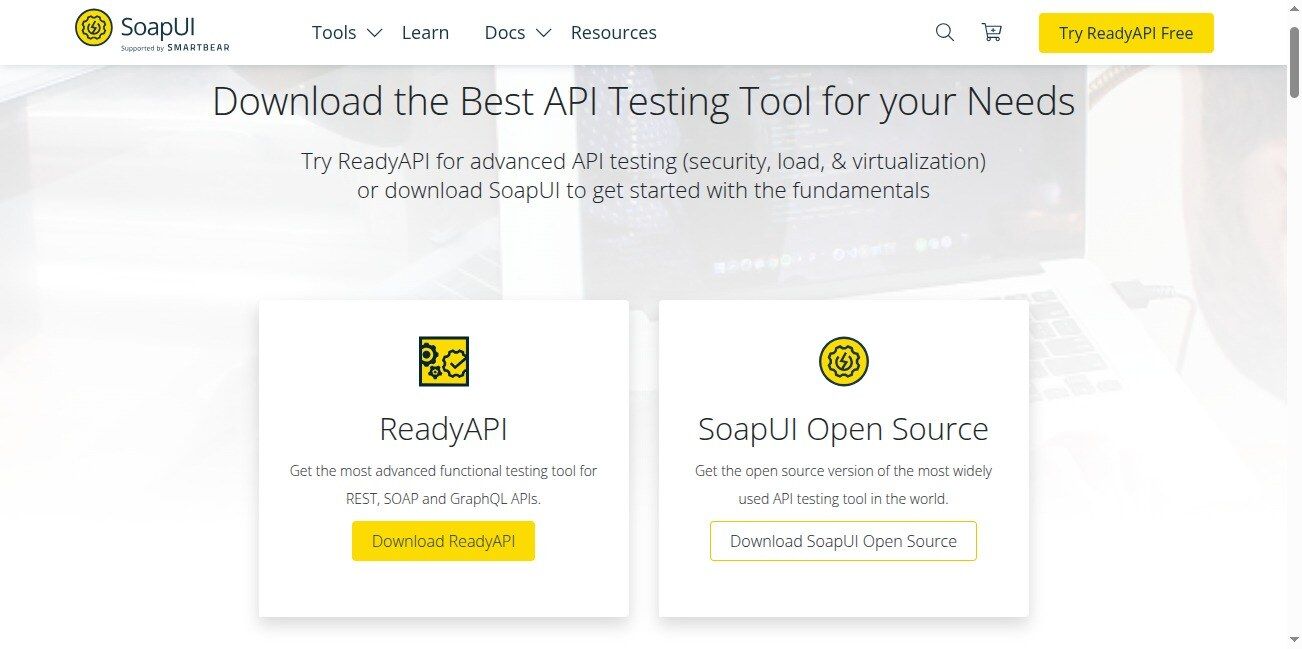
SoapUI is an open-source API testing tool primarily used for testing SOAP and REST APIs. It supports both functional and non-functional testing. software engineers upscales tech capabilities of applications while maintaining efficiency through proper testing for a robust application.
Features:
- Supports a wide variety of web service protocols.
- Provides advanced scripting capabilities (Groovy).
- Allows load testing and security testing.
- Easy-to-use drag-and-drop interface.
JMeter
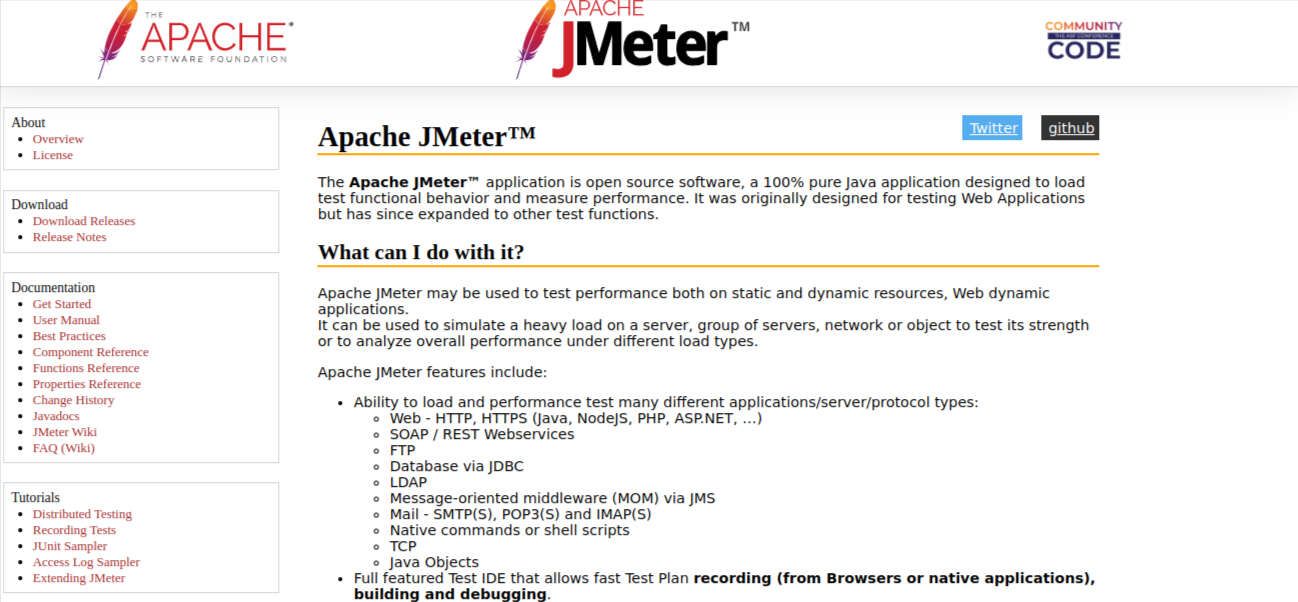
Apache JMeter is a powerful tool for load testing and performance testing of APIs. It is widely used for functional API testing as well as performance testing. web development with proper testing ensures seamless UI application and better user experience.
Features:
- Load testing of APIs to check performance under stress.
- Support for REST, SOAP, and other protocols.
- Provides detailed reports and graphs for analysis.
- Integration with CI tools for continuous testing.
Katalon Studio
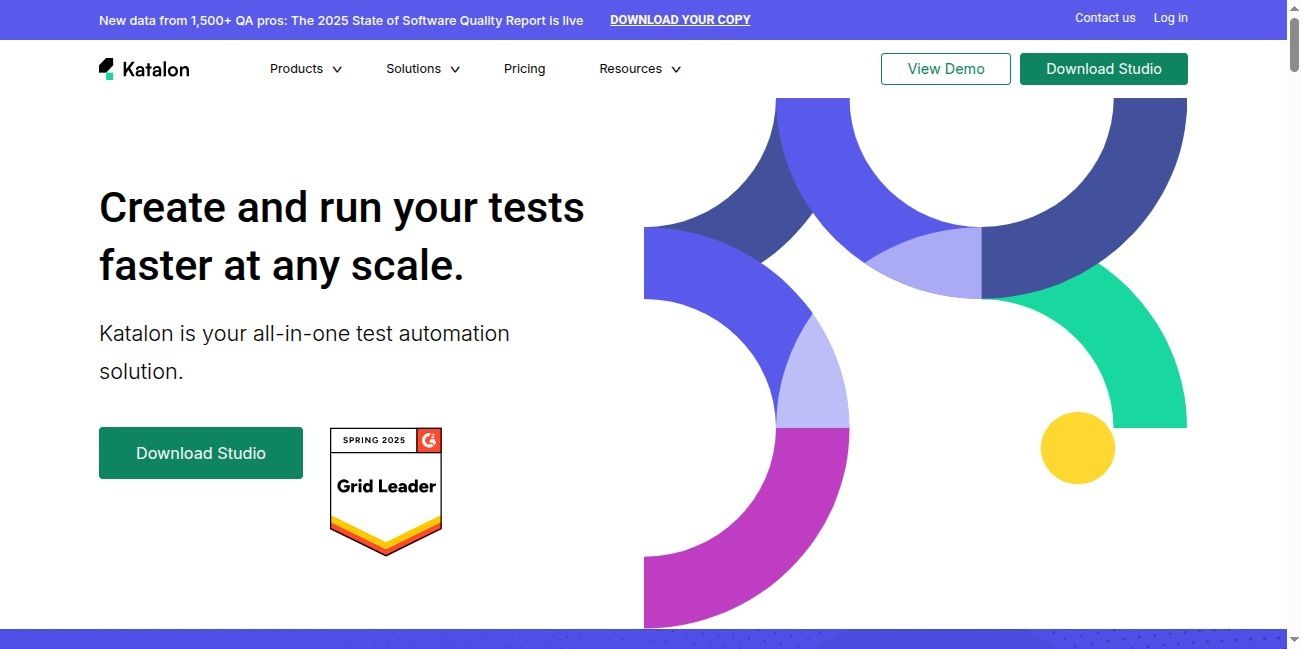
Katalon Studio is a free automation tool for testing web, API, and mobile applications. It supports both REST and SOAP APIs.
Features:
- Supports both manual and automated testing.
- Rich set of built-in keywords for testing APIs.
- Easy-to-use interface for non-technical testers.
- Seamless integration with CI/CD tools like Jenkins and Azure DevOps.
Rest Assured
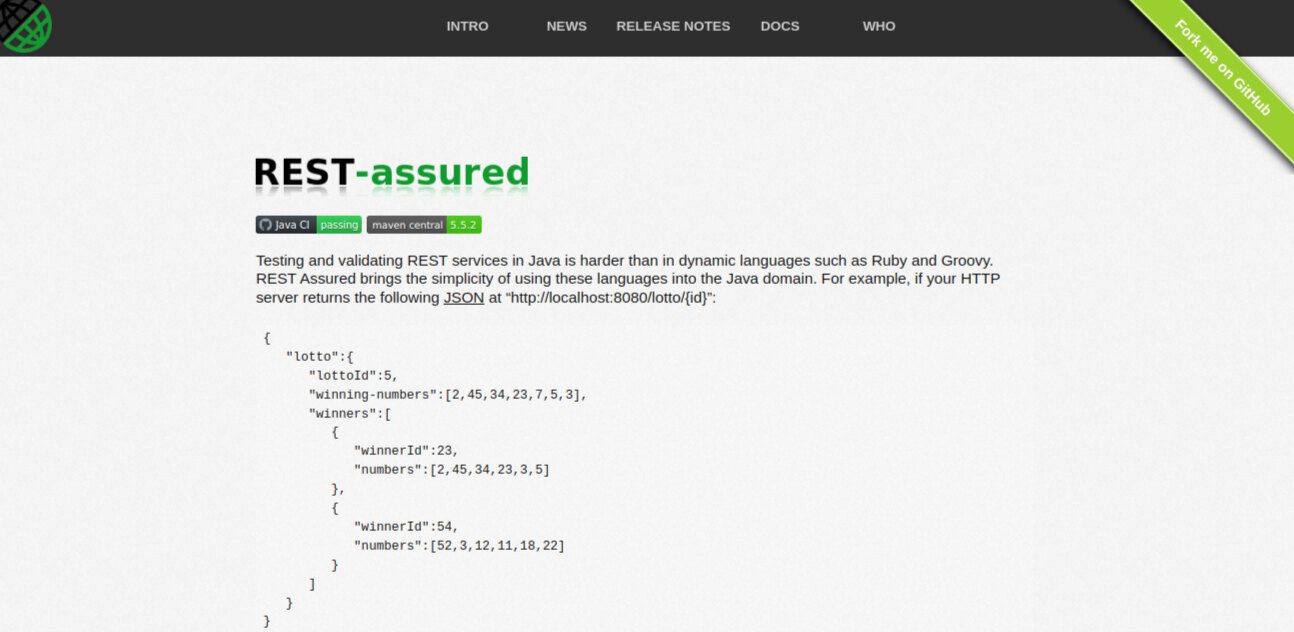
Rest Assured is a Java library for testing REST APIs. It simplifies the process of writing tests for APIs in Java, providing a DSL (Domain-Specific Language) for working with HTTP requests.
Features:
- Support for JSON and XML request/response validation.
- Easily integrates with popular testing frameworks like JUnit and TestNG.
- Supports authentication and other HTTP methods.
- Full-featured RESTful API testing.
Swagger
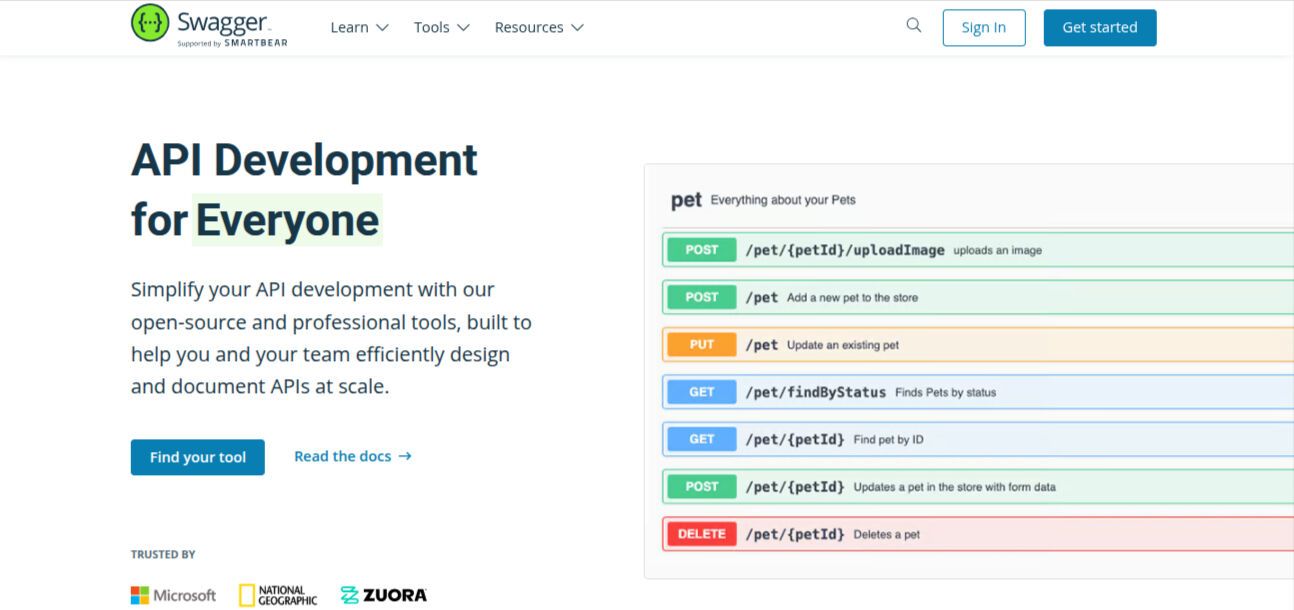
Swagger offers a suite of tools for designing, building, documenting, and testing REST APIs. It is particularly useful for ensuring that API specifications are correctly followed.
Features:
- Automatically generates documentation from API code.
- Provides interactive API documentation for developers and testers.
- Can test APIs directly from the Swagger UI interface.
- Swagger Inspector for API testing and verification.
Apigee
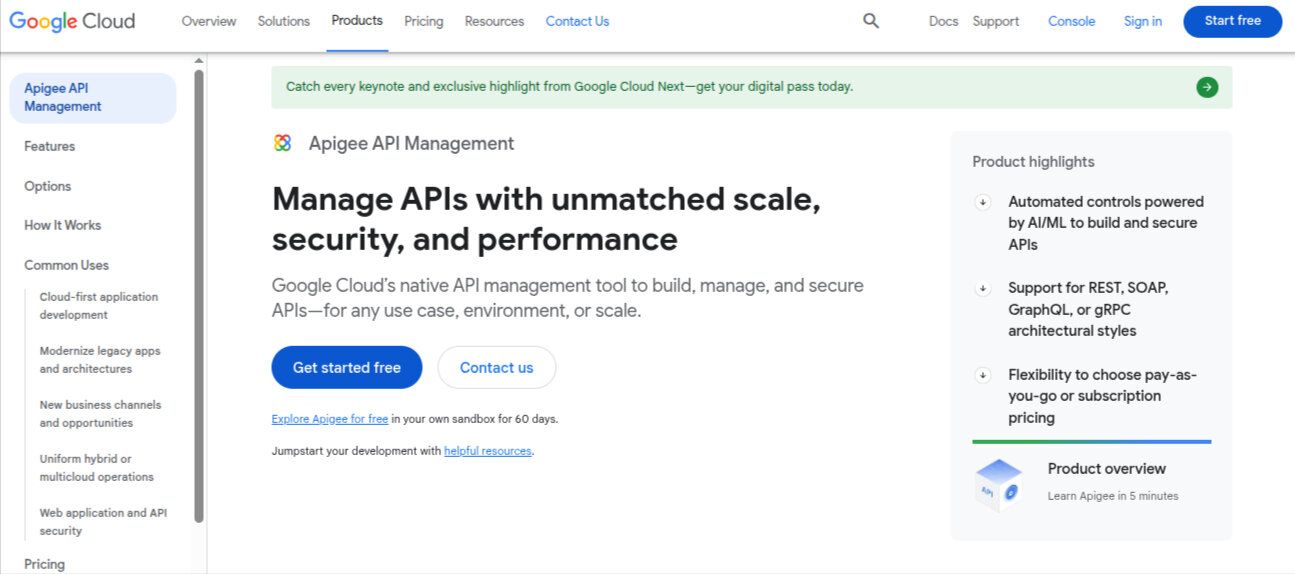
Apigee, a Google Cloud product, provides a comprehensive API testing solution, focusing on API performance, security, and analytics. You can go for ReactJS developers who specialize in dynamic UI development and testing the application thoroughly during the development.
Features:
- Supports testing of both REST and SOAP APIs.
- Advanced traffic analytics and reporting.
- Security testing to prevent common vulnerabilities.
- Offers automated API monitoring and alerting.
Tricentis Tosca
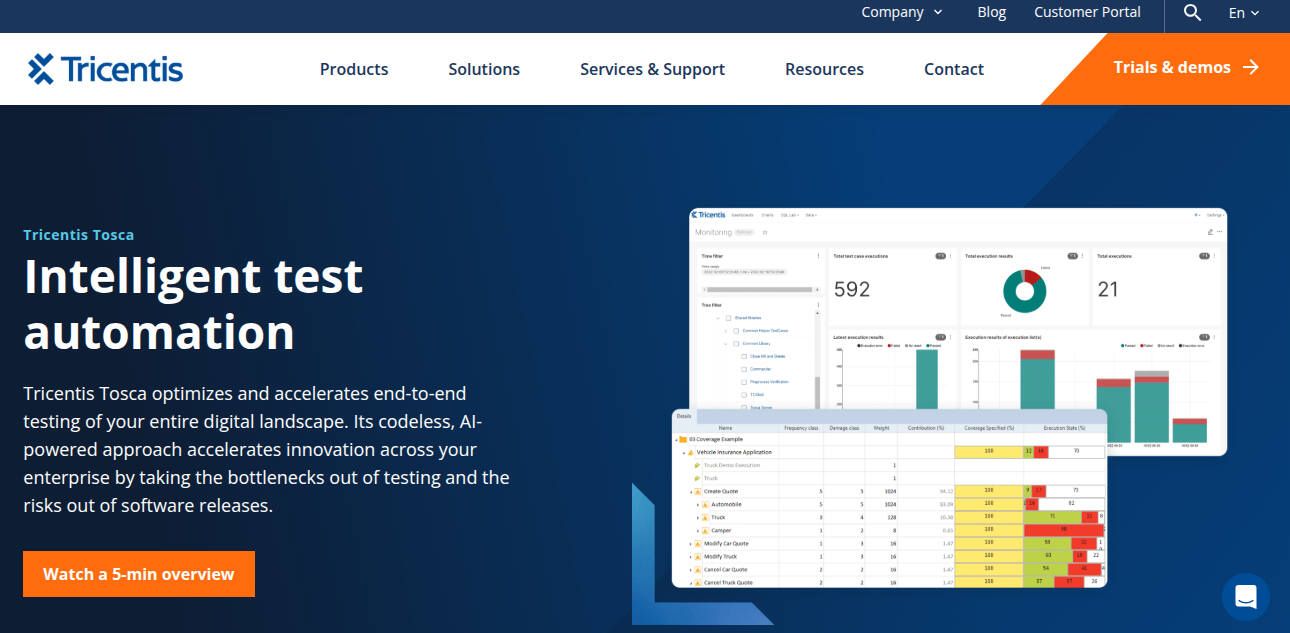
Tosca is a continuous testing platform with strong support for API testing. It is known for its model-based testing approach, where tests are defined visually.
Features:
- No scripting required for test creation.
- Extensive support for testing REST and SOAP APIs.
- Integration with other testing tools and CI/CD pipelines.
- Provides test case optimization to reduce maintenance efforts.
ReadyAPI
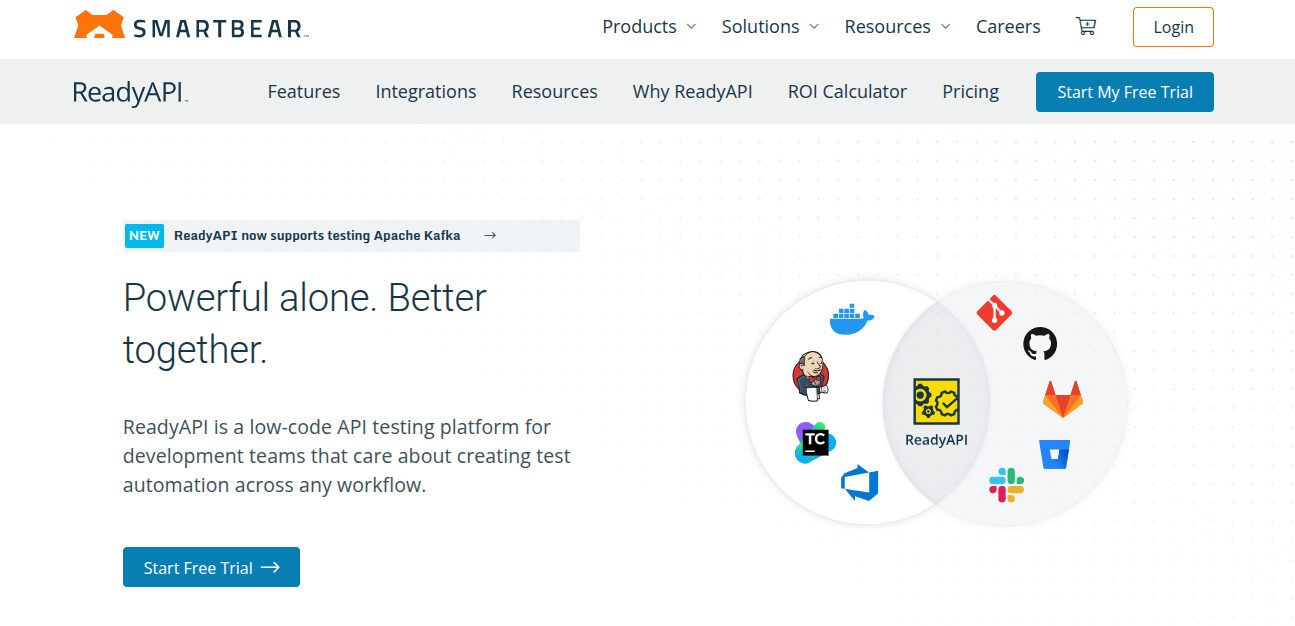
ReadyAPI, by SmartBear, is an advanced API testing tool that combines functional, security, and load testing in one platform. It builds on SoapUI with more advanced features. You can streamline your CI/CD pipeline with DevOps engineer expertise for better reliability.
Features:
- Comprehensive API security and performance testing.
- Advanced data-driven testing.
- Supports Swagger and RAML for API definition.
- Seamless integration with CI/CD tools.
HTTPie
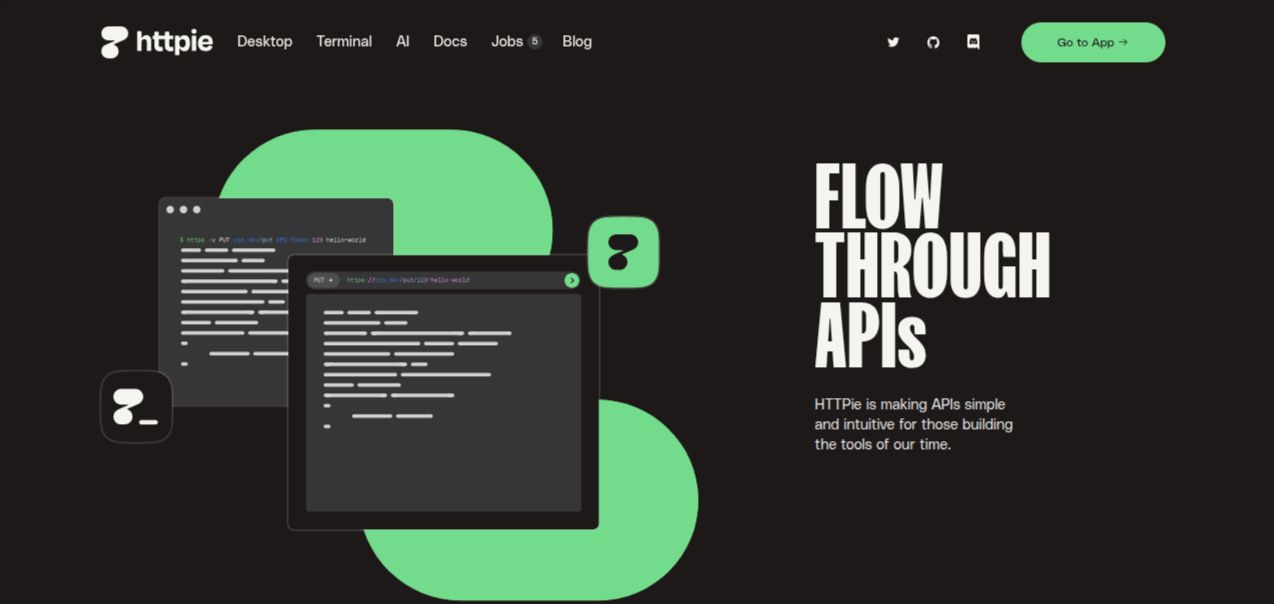
HTTPie is a command-line tool for making HTTP requests. It is designed for simplicity and ease of use, offering a simpler alternative to curl for API testing. You can build efficient web apps with full stack developers for performant and reliable software applications.
Features:
- Simple, human-readable command-line interface.
- JSON output formatting for easier analysis.
- Supports authentication, cookies, and custom headers.
- Ideal for quick, ad-hoc API requests and testing.
Conclusion
API testing is a critical aspect of modern software development, serving as the backbone for ensuring that the various components of a system communicate effectively with one another. As applications grow increasingly complex and rely heavily on third-party services and integrations, the necessity of robust API testing cannot be overstated. APIs are often the hidden layers that power many of the features users interact with directly, and even small bugs or performance issues in APIs can lead to significant system failures or security vulnerabilities. You can also read top github alternatives for information on github alternative options for the developers productivity.
By conducting thorough API testing, developers can identify issues early in the development cycle, ensuring that APIs perform as expected before they are integrated with other systems or go live. This proactive approach minimizes the risks associated with post-production bugs, which can be costly and time-consuming to fix. Moreover, API testing provides the assurance that the backend services, which might not be directly visible to end-users, are reliable, secure, and functioning as intended.
One of the key benefits of API testing is its ability to automate repetitive testing tasks, which not only saves valuable time but also increases accuracy and coverage. Many of the tools available today provide sophisticated automation features, allowing developers to execute tests continuously throughout the development process, from the initial design stages to post-deployment. This helps maintain the integrity of APIs throughout the software development lifecycle, ensuring that APIs remain functional as the system evolves and grows.

